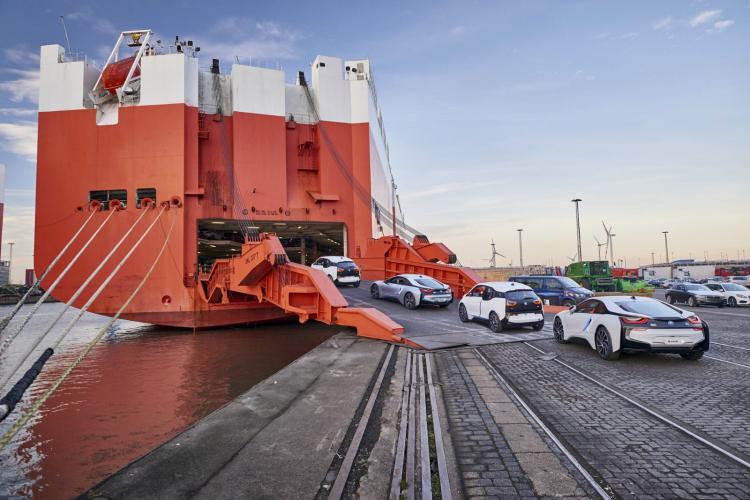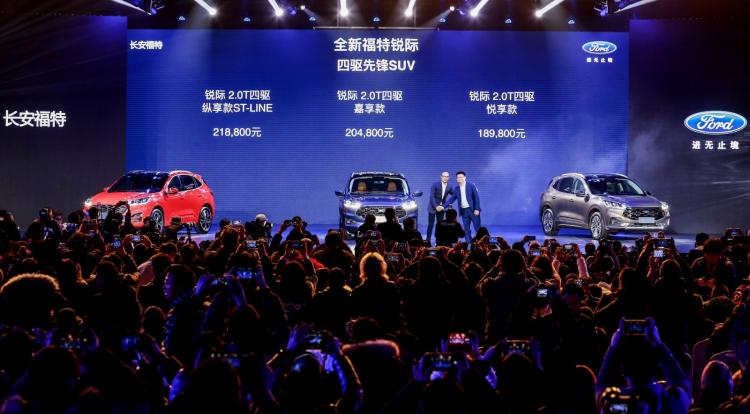The BMW Group is investing heavily in sustainable logistics. On the eve of the United Nations Climate Change Conference in Madrid (the 25th Conference of the Parties), BMW Group joined the “Getting to Zero Coalition” (Getting to Zero Coalition), committed to further reducing carbon emissions in the entire value chain. The initiative aims to use zero-emission cargo ships from 2030. The Zero Emissions Coalition is a partnership created by the Global Maritime Forum, Friends of Ocean Action and the World Economic Forum.
Jürgen Maidl, Senior Vice President Production Network and Supply Chain Management, BMW Group: “Sea freight is of vital importance to the BMW Group’s international production network and global vehicle sales. The Emissions Alliance is a unique opportunity to continue to reduce carbon emissions in the maritime industry. We are delighted to be the first automaker to join the Alliance and, in doing so, lead the industry on a more sustainable path.”

Sea freight currently accounts for 50 percent of the CO2 emissions in the BMW Group’s transport chain. Looking at the world, about 3% of greenhouse gas emissions come from shipping, and this proportion is increasing significantly. As a member of the Zero Emissions Alliance, the BMW Group wants to completely eliminate carbon emissions through the use of carbon-free fuels, new powertrains and optimization of energy efficiency.
After joining the Zero Emissions Alliance, the BMW Group will take a number of measures to continue to promote decarbonization within the company in the field of logistics: In addition to implementing a sustainable development strategy across the entire value chain, BMW Group’s comprehensive emission reduction measures include: The adoption of resource-saving production methods at BMW plants worldwide and the further development of electromobility.

Since 2006, the BMW Group has managed to reduce resource consumption and emissions per vehicle produced by more than 50%. In addition, starting next year, all factories operated by the BMW Group and three production sites in China will use renewable energy. In 2017, all BMW Group factories in Europe started to use 100% green electricity. BMW has been working on the development of electric vehicles for a long time and has become one of the pioneers of this electric technology in the world. The BMW i3 has been the market leader in this segment since 2013. At present, the BMW Group has provided 12 electric models in the world, making it the automaker with the most abundant array of electric models. One million BMW Group electric vehicles are expected to be on the world’s roads by 2021. In 2023, the company will offer as many as 25 electrified models.




